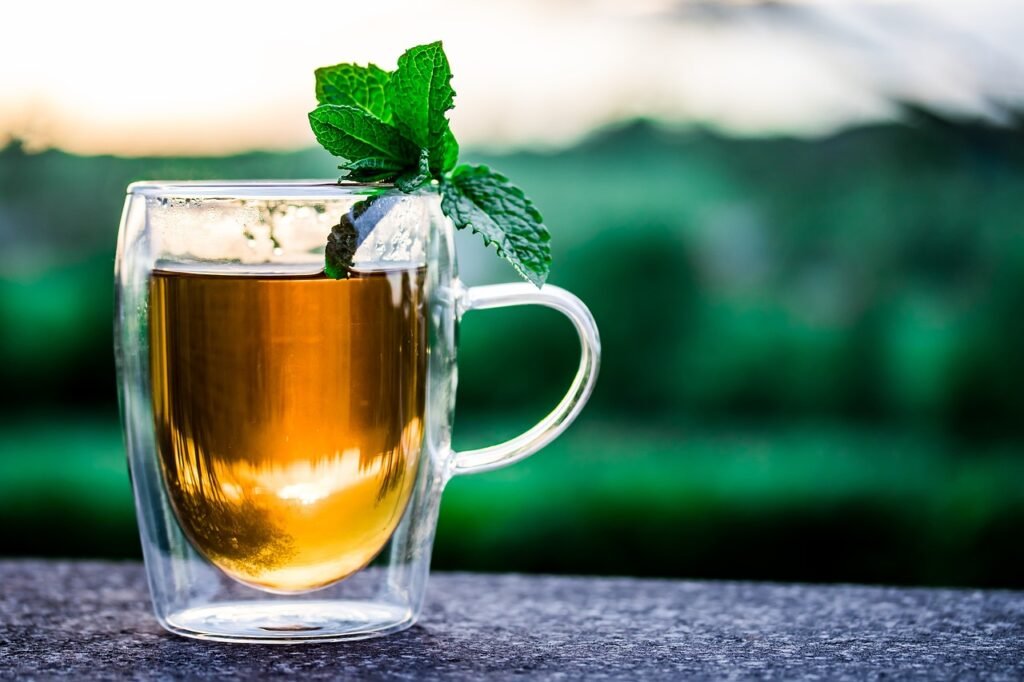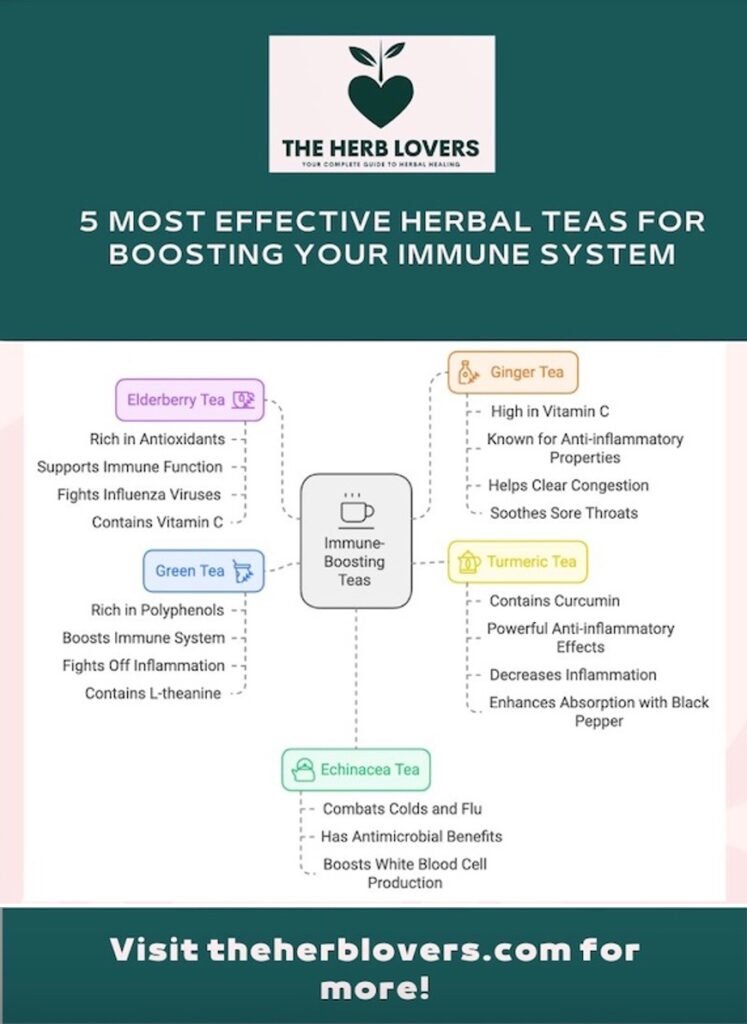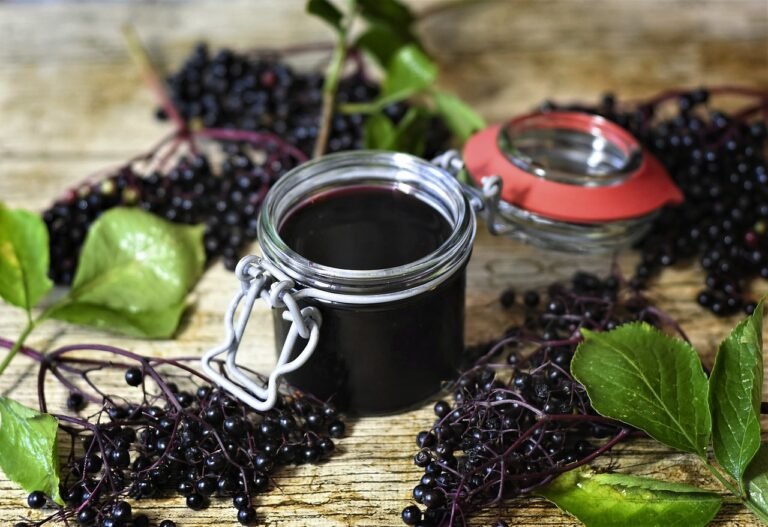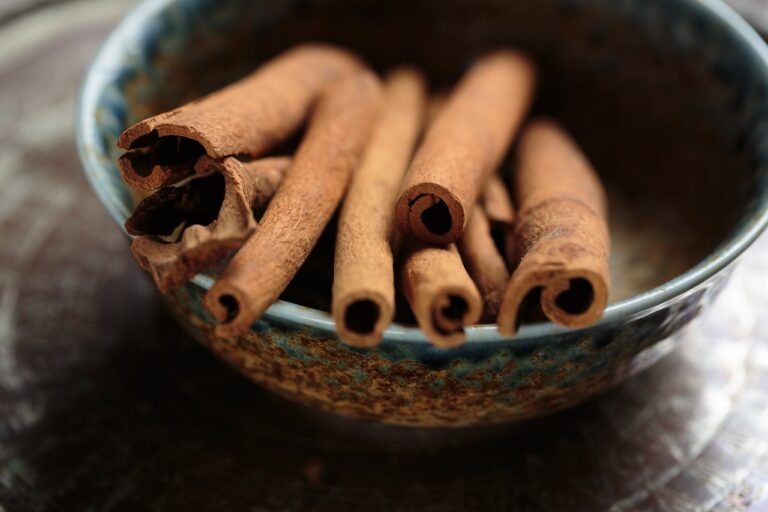5 Most Effective Herbal Teas for Boosting Your Immune System

As flu season approaches, staying healthy is more crucial than ever. Are you looking for natural ways to boost your immune system? Based on comprehensive research, including expert opinions and clinical studies, I’ve compiled a list of the most effective herbal teas that can help fortify your immune response. Below, you’ll find a detailed chart summarizing each tea’s strengths, along with links to the sources for those who want to explore further at the bottom of the article. Let’s discover which teas can offer you the best protection during the flu season.

Elderberry Tea
Elderberry tea stands out as a potent immune booster:
- Rich in antioxidants, particularly anthocyanins, which support immune function.
- Studies suggest it may help fight influenza viruses and potentially shorten the duration of flu symptoms.
- Contains vitamin C and other nutrients that support overall immune health.
Echinacea Tea
Echinacea is well-known for its immune-supporting properties:
- Often used in herbal medicine formulations to combat colds and flu.
- Has antimicrobial, antioxidant, and anti-inflammatory benefits.
- May help boost white blood cell production.
Ginger Tea
Ginger offers multiple immune-boosting benefits:
- High in vitamin C and antioxidants.
- Known for its anti-inflammatory, antiviral, and antimicrobial properties.
- Can help clear congestion and soothe sore throats.
Turmeric Tea
Turmeric is renowned for its immune-supporting qualities:
- Contains curcumin, a compound with powerful anti-inflammatory and antioxidant effects.
- May help decrease inflammation and support overall immune health.
- Often combined with black pepper to enhance absorption.
Green Tea
While not an herbal tea, green tea deserves mention:
- Rich in polyphenols, particularly catechins, which have strong antioxidant properties.
- May help boost the immune system and fight off inflammation.
- Contains L-theanine, which may enhance the function of immune system T-cells.
Considerations
- Effectiveness can vary between individuals and may depend on factors like tea quality and preparation method.
- Herbal teas should complement, not replace, a balanced diet and healthy lifestyle for optimal immune function.
- Those with specific health conditions or taking medications should consult a healthcare provider before regularly consuming herbal teas for medicinal purposes.
Remember, while these teas show promise in supporting immune health, they are not a substitute for medical treatment or vaccination against specific illnesses.
Sources:








One Comment